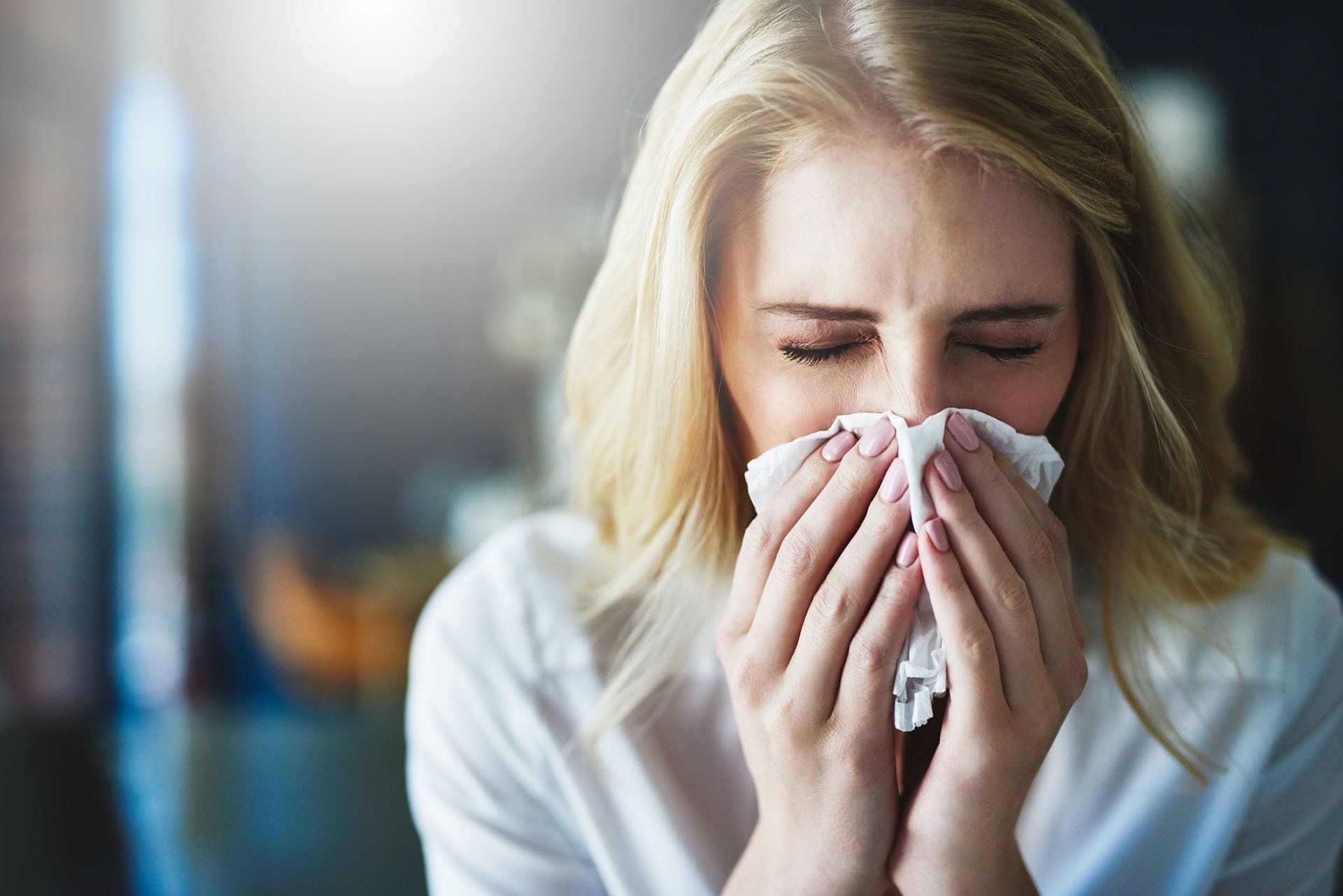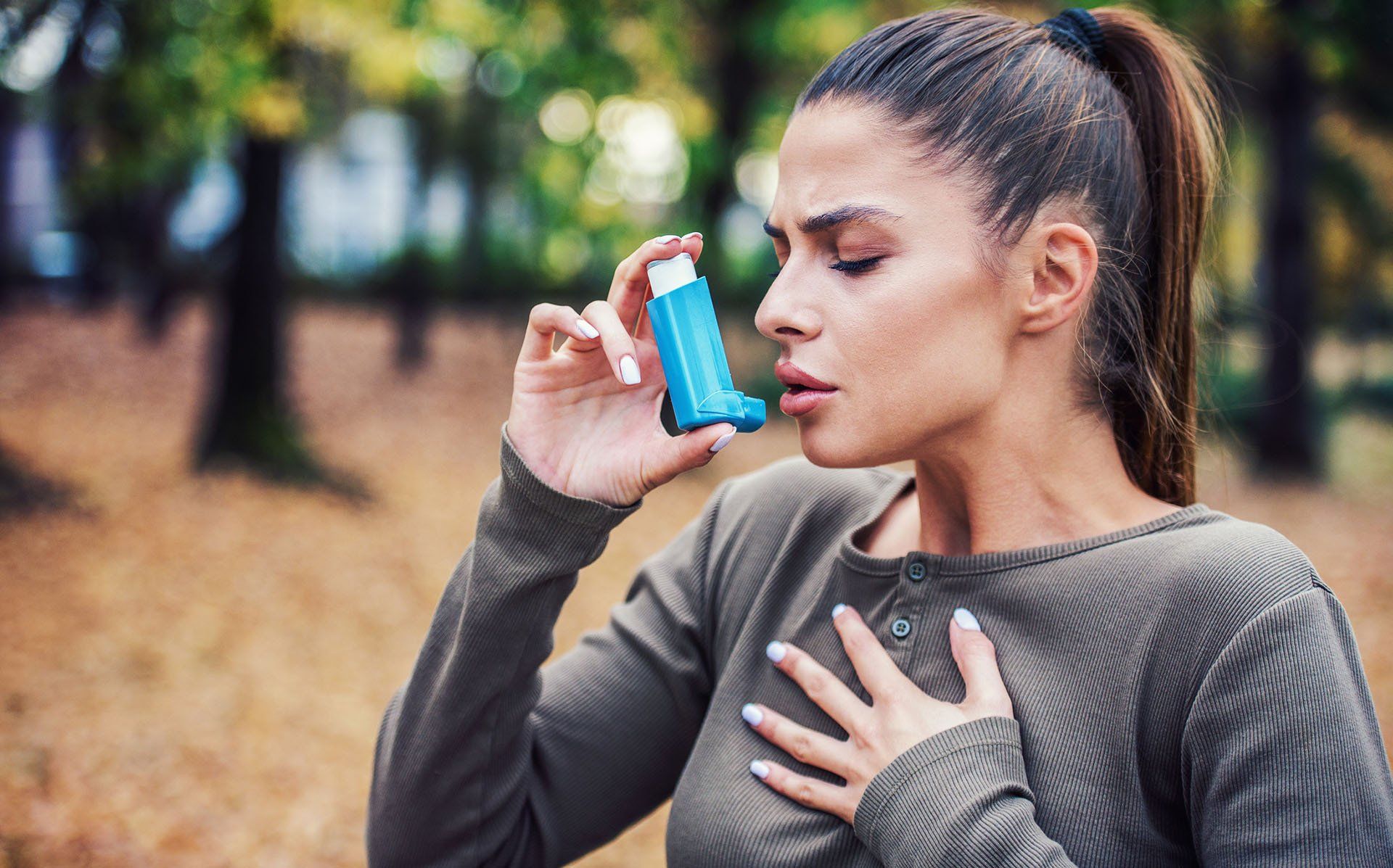Comprehensive Asthma & Allergy Care for Patients of ALL Ages
Suffering from allergies is nothing short of sheer misery. It's torture dealing with a stopped-up head, endlessly watering eyes, a runny nose, and itchiness. Who has the time or energy to deal with that? Certainly not you!
If you suffer from allergies, asthma, or a host of related immunodeficiency disorders, you know how important it is to find relief. Not only do you want to get rid of your symptoms, but you want to get back to living life! At the Allergy Medical Group, we understand your needs and we want to help you find the freedom you desire.
Specialties
We offer the services you need to achieve freedom from allergy, asthma and other related immunological problems:
Complete allergy testing services
Asthma & nonsurgical sinusitis treatment
Full immune evaluations & treatment for immunodeficiencies
Why Choose Allergy Medical Group of the North Area Inc?
For almost 40 years, we've served the local community earning a reputation for helping our patients find relief from even the toughest chronic allergies. Thanks to our personalized treatment options, advanced diagnostic tools, and optimal and cost-effective therapy plans, we've had success treating both adults and children dealing with everything from allergic disorders to asthma and hay fever. We even offer comprehensive sinusitis treatment.
Need more information? Call us on 916-782-7758 to speak with one of our experts.
ROSEVILLE: 935 Reserve Dr, Roseville, CA 95678
YUBA CITY: 1526 Plumas Ct, Yuba City, CA 95991
Email: portal@allergymedgroup.com
Roseville OFFICE Hours
- Mon, Thu
- - -
- Tue, Fri
- - -
- Wednesday
- Closed
- Saturday
- -
- Sunday
- Closed
Roseville INJECTION Hours
- Mon, Thu
- - -
- Tue, Fri
- - -
- Wednesday
- Closed
- Saturday
- -
- Sunday
- Closed
Yuba City OFFICE Hours
- Mon, Wed, Thu
- -
- Tue, Fri
- Closed
- Sat - Sun
- Closed
Yuba City INJECTION Hours
- Mon, Wed, Thu
- - -
- Tue, Fri
- Closed
- Sat - Sun
- Closed



